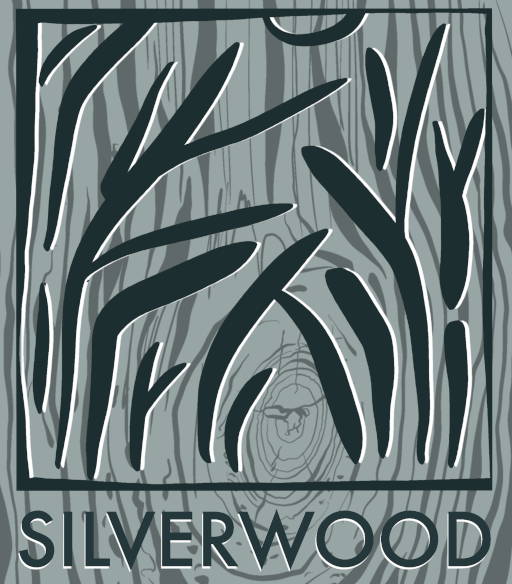So you’re getting into TTRPGs and you’ve got your dice, your books, your friends, but what do you actually play? Well, you’re going to need an adventure. For that, you’ve really got two options.
Can’t somebody else do it?
You do not have to think of an adventure yourself. If you take something that someone else wrote, this is called a pre-written adventure or module. There are a bunch of advantages to using modules that make them well worth looking into.
Forget about writer’s block, or inexperience, or whatever else is holding you back. WIth an adventure module, you read the adventure and then you run it. It is basically as simple as that. This also massively cuts down on prep time, when you run games this can be significant.
Another advantage to using modules is that there are literally thousands available – and a lot of them for free! There are officially published modules for the bigger games – with Dungeons & Dragons you get legacy adventures that have been run for decades; you’ll even be able to find videos of other people playing them to get an example of what to do. DM’s Guild and Drivethru RPG are two of the best resources for someone wishing to run an adventure to get free or cheap adventures. I would highly recommend playing The Moon over Graymoor by S.T. Mannell as a starter adventure in Dungeons & Dragons – it is incredibly well-written and provides a good sandbox for the players to play in. It also gives the Game Master enough resources to handle what happens when players go off plan.
Once you gain some experience and playing and running these games you’ll find something else great – you can port adventures into the system you play! If you play Pathfinder and you find a cool module in D&D then just bring it across, change the stats of the monsters and how rolls are made. Boom! You’re playing the adventure you want in the system you want. You can do this for most adventures into most other systems. Of course, it could also be a great reason to try a new system!
There are three main downsides to running pre-written modules. First is that you might have to pay for them, especially the officially licensed versions. The second is that not all adventures are written equally – I have played great modules and bad ones. Sometimes the way that you vibe with the writing style of a module just doesn’t work. This can be especially galling if you’ve paid for it! Lastly, no matter how good the module you will have to put in some work. These adventures can give you the scenarios, villains, NPCs, and maps, but they do not account for how your players will interact with all these things – that’s where you come in! But wait a second… isn’t that just…
Homebrew your adventures!
Yup. Every adventure you will ever run will need something homebrewed. It might be some NPC reactions, the weather, a random encounter, or it might fall off the rails completely and now you’re siding with the dragon to slay the princess. It happens.
However you get there, you’ll be doing some homebrew. So why not come up with your own adventure? OK, yeah it can be difficult to come up with inspiration. But if you do feel inspired to write something, there has never been a better time.
The first campaign in D&D I ran was just that. We started in a tavern (the quintessential beginning trope), did some intro and journeyed to the first dungeon. And for my first dungeon, I was inspired by Matt Colville’s outstanding Running the Game series (available on YouTube) to run a 5-room dungeon. The players loved it.
After that, I borrowed some ideas from some other games and ran a short campaign. Another thing Matt Colville espouses when writing adventures: everybody steals, you are only as good as the obscurity of your references. If you want to run Star Wars but with wizards and not jedi, do it. Change enough of the details and your players will be none the wiser, you’ll have saved yourself some writing, and you’ll all have fun!
What about the other details? if you suck at drawing maps you can get them from the internet (again, often for free). You can change the names of monsters and their abilities to be the enemies you want them to be. You can take Call of Cthulu – set in the 19th / early 20th century – and run it as a contemporary mystery. Anything you want really.
Whether you want to run a one-off game or a full blown epic campaign, if you can think of it then you can homebrew it! The only limiting factor is your ability to come up with enough content consistently for your players to get through.
